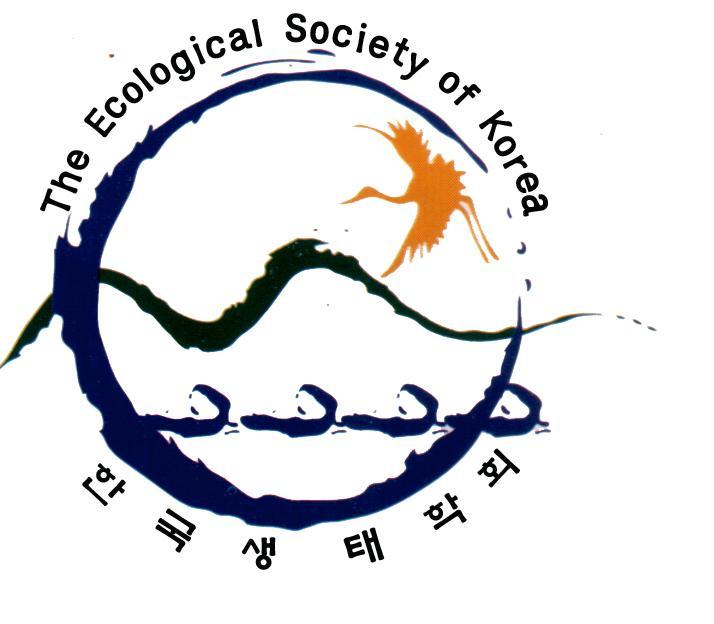 ISSN : 2287-8327
ISSN : 2287-8327
Effects of microplastics and salinity on food waste processing by black soldier fly (Hermetia illucens) larvae
Sam Cho (Konkuk University)
Chul-Hwan Kim (Konkuk University)
Min-Ji Kim (Konkuk University)
- 다운로드 수
- 조회수
Abstract
Background: The black soldier fly (Hermetia illucens) is gaining attention as an efficient decomposer of food waste. However, recalcitrant compounds such as plastics mixed into food waste may have negative effects on its growth and survival. Moreover, its efficiency of food waste degradation may also be affected by plastics. In addition, salt (NaCl) can also be present in high concentrations, which also reduces the efficiency of H. illucens-mediated food waste treatment. In this study, we assessed the growth of black soldier fly larvae (BSFL) reared on food waste containing polyethylene (PE) and polystyrene (PS) and NaCl. The weight of BSFL was measured every 2–4 days. Survival and substrate reduction rates and pupation ratio were determined at the end of the experiment. Results: The total larval weight of Hermetia illucens reared on food waste containing PS was greater than that of the control on days 20 and 24. However, the survival rate was lower in the group treated with 5% PS, as was substrate reduction in all PS-treated groups. The weight of BSFL reared on food waste containing PE was lower than that of the control on day 6. PE in food waste did not affect the survival rate, but the pupation ratio increased and substrate consumption decreased with increasing PE concentrations. Regardless of the plastic type, the addition of NaCl resulted in decreased larval weight and pupation ratio. Conclusions: Larval growth of black soldier fly was inhibited not by plastics but by substrate salinity. Additional safety assessments of larvae reared on food waste containing impurities are needed to enable wider application of BSFL in vermicomposting.
- keywords
- Hermetia illucens, Waste management, Food waste, Decomposition ecology, Organic waste, Microplastics, Salinity, Polystyrene, Polyethylene
- 다운로드 수
- 조회수
- 0KCI 피인용수
- 0WOS 피인용수

